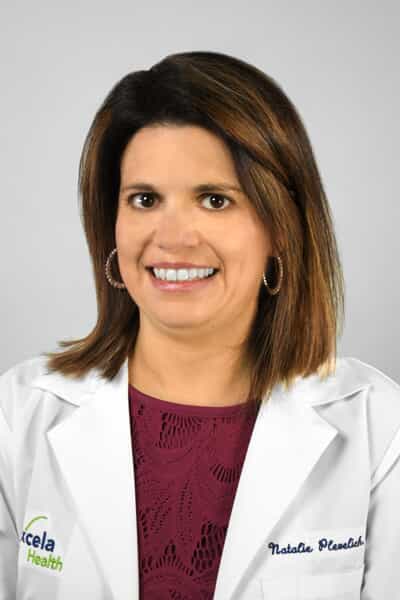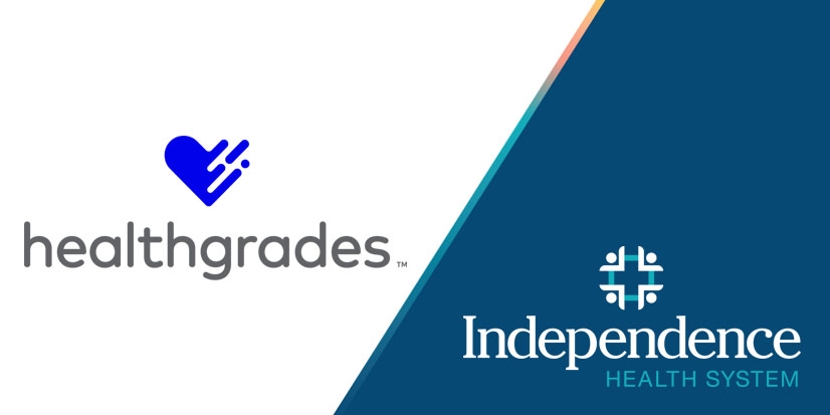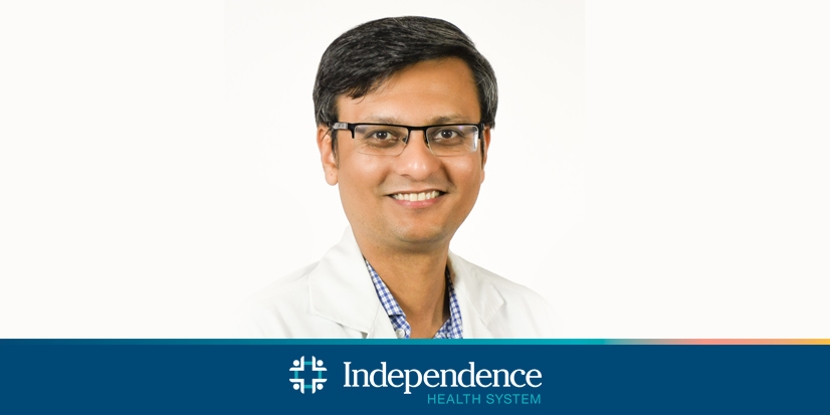What is Preeclampsia?

Preeclampsia is a pregnancy and postpartum medical condition involving high blood pressure and protein in a woman’s urine. Pregnancy is an exciting time but with rapid changes over the course of nine months, it can be challenging and scary. Your OB/GYN team is there to support you and answer questions as you navigate this journey. Preeclampsia is a medical condition that can develop in pregnancy and postpartum that shouldn't be ignored.
What is preeclampsia?
Preeclampsia is a pregnancy and postpartum medical condition involving high blood pressure and protein in a woman’s urine
Why is preeclampsia dangerous?
Preeclampsia can become very serious as it can cause dangerously high blood pressure that can lead to seizures or a stroke. It can also cause kidney, liver, and bleeding complications.
What are the symptoms?
Symptoms may include headaches, seeing spots or floats, or pain in the upper part of your abdomen.
What should you do if you think you are experiencing preeclampsia?
If you are pregnant or postpartum and have concerns about preeclampsia, please call your OB-GYN or report to the closest labor and delivery unit. Healthcare providers can monitor you by checking your blood pressure and possibly your urine and blood work.
How is preeclampsia treated?
Treatment may include delivering the baby, controlling blood pressure, and in severe cases a woman may need to be hospitalized and receive an IV medication called magnesium sulfate. This medication can make you feel, dizzy, nauseas, hot, flushed, spacy.
Dr. Plevelich has a special interest in preeclampsia because when she delivered her son, Patrick, she developed postpartum preeclampsia.
"As an OB I was scared of pretty much every obscure pregnancy complication, but not preeclampsia. I was fit, healthy and always had low blood pressure and frankly pregnancy had been a breeze. Thankfully, I knew what signs to look for and was able to get myself back to the hospital. I had to spend 24 hours in the hospital receiving a treatment of magnesium sulfate - and I can say first hand, that even though I know how important it is… it was NOT fun. I am forever grateful to my work family for taking care of me when I needed to be the patient!"
If you think you are experiencing symptoms of preeclampsia, please contact your doctor immediately.
To learn more about Dr. Natalie Plevelich, click here and to learn more about the Center for OB/GYN, click here.

Natalie Plevelich, DO, FACOOG

